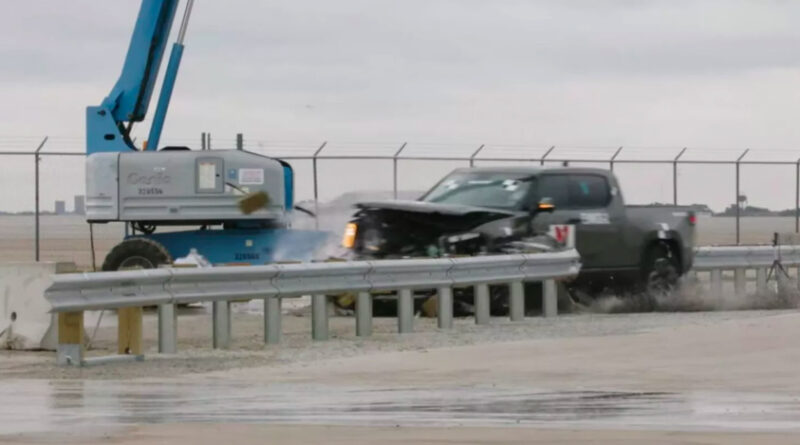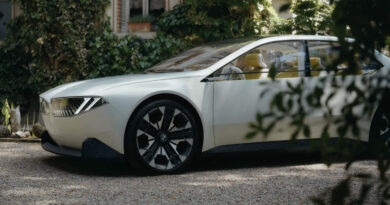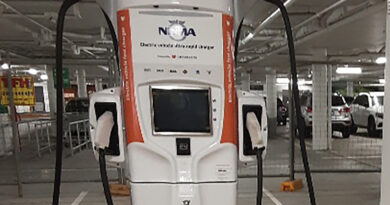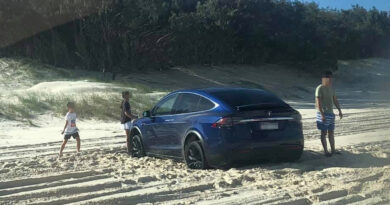Safety fears: are obese EVs too heavy and dangerous for guardrails?
Researchers from the US university of Nebraska-Lincoln have made a shocking discovery that a modern highway’s guardrail and concrete block road partitions are not strong enough to withstand the impact of a large battery-electric pick-up truck travelling at 60mph (97km/h).
During the test, researches noted instead of stopping or deflecting a Rivian R1T pick-up, it barely slowed the vehicle’s speed. Disturbingly, it then had enough momentum to drive over a set of secondary concrete blocks.
The fear is that such guardrail failure could easily see a large battery-electric pick-up crossing a highway’s partition and being involved in a potentially fatal head-on collision with oncoming vehicles.
The problem, safety experts suggest, is the weight and speed of large modern EVs, with the Rivian claimed to tip the scales at an incredible 3175kg.
The weight of the larger-still combustion-powered Ford F-150, meanwhile, is said to range from 1846kg for a chassis cab to a maximum 2584kg for the heaviest, most luxurious dual-cab truck.
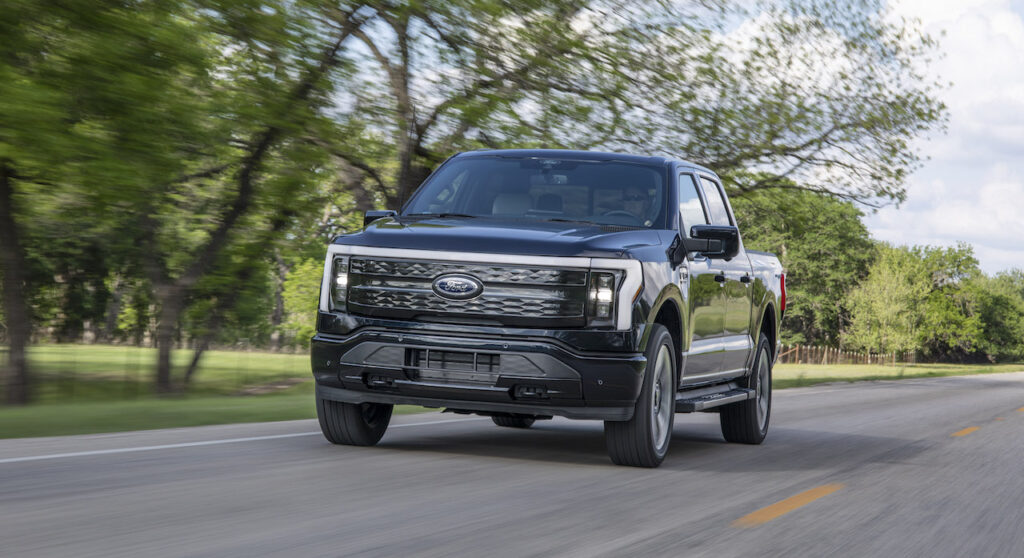
In other tests, a 2018 Tesla Model 3 also proved a problem for modern guardrails because its weight is positioned so low in the chassis.
The best-selling electric sedan managed to lift the rail itself after impact and pass directly underneath it, risking another dangerous impact on real highways with oncoming cars.
It’s thought EVs – which typically weigh between 20-50 per cent more than combustion car equivalents – as well as their low centre of gravity, are now incompatible with the original engineering and design of highway separators.
“There is some urgency to address this issue,” Cody Stolle, assistant director of the Midwest Roadside Safety Facility, said in a release published by the university. “As the percentage of EVs on the road increases, the proportion of run-off-road crashes involving EVs will increase as well.”
In the US alone, more than 100,000 crashes a year are related to cars leaving the road. Thousands of fatalities are linked with them, usually involve high speeds.

The research, part-funded by the military, also highlights concerns of large EVs being used by terrorists if they’re able to be crashed through barriers at protected locations.
It’s thought the US university will feed back its research to engineers developing the next-generation of highway barriers and separators.

